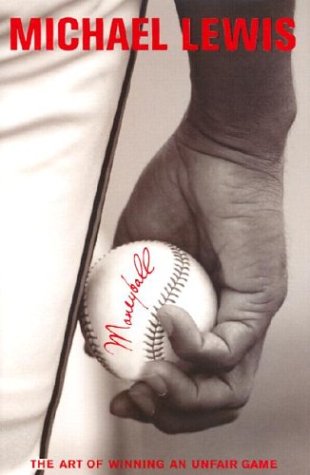Welcome back to This Week in Ideas, where we share the most popular stories from Freethink’s Slack channel. Last week, we talked about failure’s role in entrepreneurship. This week we’re talking about a little bit of everything, starting with some fun findings from the world of behavioral psychology (helpful if you’ve got New Year’s resolutions to keep!).
How to create good habits in three steps: “ According to psychologist B.J. Fogg, doing something you don’t enjoy and subsequently failing to make it habitual is actually more detrimental to a mission for change than doing nothing at all. To create a real lifelong habit, the focus should be on training your brain to succeed at a small adjustments, then gaining confidence from that success.”
The case against empathy: “Empathy, however well-intentioned, is a poor guide for moral reasoning. Worse, to the extent that individuals and societies make ethical judgments on the basis of empathy, they become less sensitive to the suffering of greater and greater numbers of people.”
15 Years of Moneyball: In 2003, Michael Lewis’ seminal work Moneyball: The Art of Winning an Unfair Game was published. It told the story of the 2002 Oakland A’s, a team which didn’t have the revenue streams of many of its competitors. Led by General Manager Billy Beane, The A’s instead developed an analytical methodology which attempted to find overlooked players and which would allow them to compete with their wealthier competitors. The impact of ‘Moneyball’ is now a given. However the question remains, almost 15 years later, as to who really has been playing Moneyball.”

Mystery fungus sparks NIH crisis: “The National Institutes of Health reported last month that a new cell therapy had completely reversed metastatic colon cancer in a patient and could help tens of thousands more — the kind of dramatic breakthrough that has made NIH the crown jewel of government-run medical research. Behind the scenes, the discovery of fungus growing in two medicine vials in an NIH hospital pharmacy 19 months ago has ballooned into a management crisis, stalling medical trials for prostate cancer, melanoma, and gastrointestinal and chest tumors.”
You’ve probably never heard of this creepy genealogy site. But it knows a lot about you: “Profiles on FamilyTreeNow include the age, birth month, family members, addresses and phone numbers for individuals in their system, if they have them,” reports WaPo. “It also guesses at their “possible associates,” all on a publicly accessible, permalink-able page. It’s possible to opt out, but it’s not clear whether doing so actually removes you from their records or (more likely) simply hides your record so it’s no longer accessible to the public.”